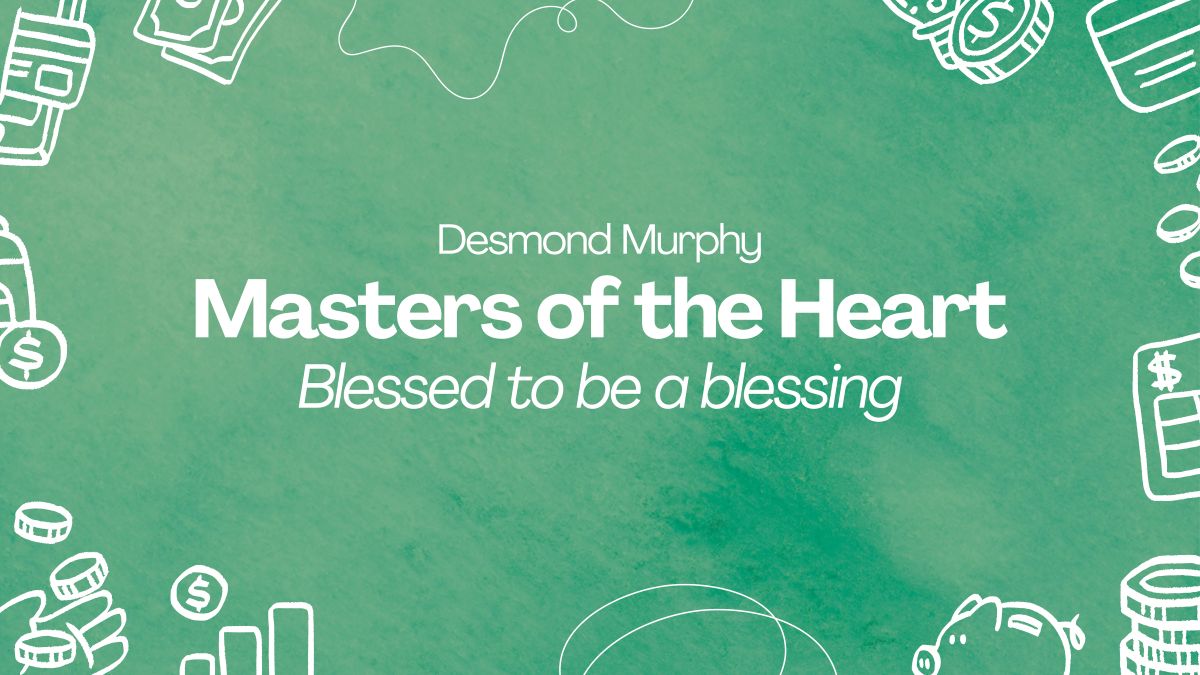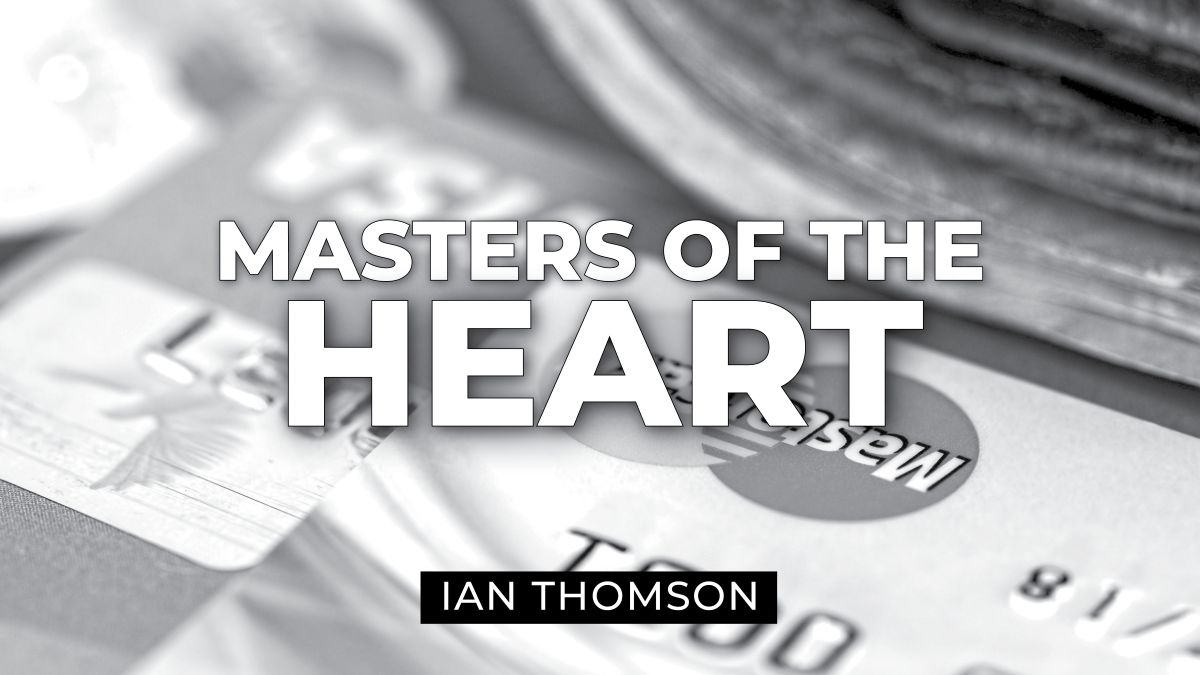When dealing with money, the ultimate issue is the state of our heart and mindset. This is crucial because money promises things that only God can truly provide.
The topic of money is often difficult and rarely spoken about in church, leading to confusion about its role. Historically, some believed that to be poor meant being spiritual, while having money suggested one was backsliding. However, God loves you and desires to bless you, including financially.
The key message regarding finances is that God blesses you to be a blessing; the wealth is not intended solely for your use. When dealing with money, the ultimate issue is the state of your heart and mindset. This is crucial because money promises things that only God can truly provide.
We must recognize that money is both physical and spiritual, and this duality is where conflict often arises. If we only treat money physically (focusing on income and expense), we mistakenly think that obtaining more money will solve our problems.
Tithing is essential for engaging the spiritual dimension of money. Tithing is an act of obedience, not generosity, returning to God what rightfully belongs to Him. When you tithe, you move the money from the physical realm into the spiritual realm. When money is placed in God’s hand, He works with multiplication and exponents, leading to exponential growth, rather than the world’s system of addition and subtraction.
God is the Owner of everything; therefore, money is a resource, and God is the true source. We are simply stewards who will eventually have to give an account for what we did with the money entrusted to us.
Debt, which the sources suggest is a form of bondage, is identified as a major weapon used by Satan to prevent us from fulfilling God’s intended purpose. If we find ourselves struggling financially due to past decisions, we must realize that we do not have to remain there.
We are invited to the King’s table, meaning God has provided us with everything we need for life and living. To break financial bondage and see God’s blessing, we must put Him first. This shift involves changing our habits and behaviors. Even starting by committing 1% of income to God demonstrates placing Him first, which redeems the rest of our money, enabling God to provide.
ReflecT:
- What is my attitude towards wealth and financial matters, do I secretly associate wealth with being unspiritual?
- Am I dealing with my money only in the physical sense (income/expense), and what steps do I need to take to acknowledge and address the spiritual aspect?
- In my current financial struggles, where might money have become my primary source of security, rather than trusting God as the true Source and Owner?
- Since God blesses me to be a blessing, how are my current resources enabling me to impact the lives of others and the community?
- What concrete decision can I make today to begin intentionally putting God first in my finances, trusting His power of multiplication over my current circumstances?
Closing Prayer
Father God, we thank you that you have given us everything we need and have invited us to come and feast at your table. We confess, Lord, that we have not always dealt with money in the way you planned. We acknowledge that you are the Source, and we are merely stewards. We pray for the discipline to deal with our finances in the physical realm, and the wisdom to honor you in the spiritual realm, so that you may bless us. Help us to put you first in our lives. We pray that you provide what is needed for us to move forward and receive the abundant life you promised in Jesus’ name, amen.
Watch the sermon on YouTube.


